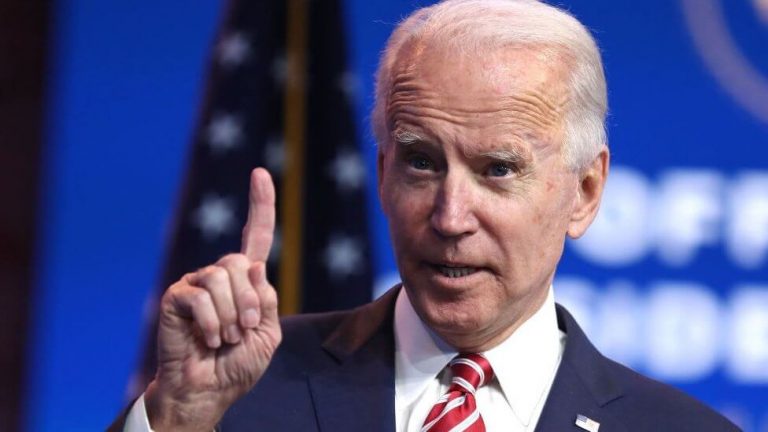Asia Society Australia Executive Director, Policy, and Asia Society Policy Institute Senior Fellow Richard Maude examines how U.S. President Joe Biden’s administration is approaching foreign policy in the Indo-Pacific in the first months of his presidency.
Maude says the Biden administration’s general approach to foreign policy “throws out pretty much everything of Donald Trump’s ‘America First’ and re-emphasises U.S. global leadership and engagement.”
Key themes that are shaping American foreign policy include: domestic strength, the effects of globalisation, global alliances, and fighting illiberalism.
“President Biden believes that America can only compete effectively if it does so from a position of domestic strength,” Maude notes. “That means, first, getting the pandemic under control and second, restarting the economy.” Then the U.S. must invest in the long-term strength of its economy through industrial and technological competitiveness.
Biden has also spoken of needing a ‘foreign policy for the middle classes’. This means that U.S. economic engagement with the world “must help create jobs and economic communities”.
The U.S. also sees its international allies and partnerships as “a unique advantage” which it has over rivals like Russia and China, who Maude describes as “lonely superpowers”.
In the fight to support democracy worldwide, Biden recognises “that it must begin at home.”
“He has talked about the need to renew American democracy”, Maude says, “and to reinvest in and strengthen the institutions of state to build their integrity and do what he can to address the deep divides in the American political system and in America society more broadly.”
So how does this apply to the Indo-Pacific?
Following the publication of the White House’s Interim National Security Strategic Guidance in March and statements from senior members of the foreign policy and national security team, America finds the Indo-Pacific “front and centre” in terms of diplomacy.
Biden’s first multilateral commitment was the Quad summit with the leaders of Japan, Australia and India. The first international visits for the Secretary of State and Secretary of Defense were to Asia – Japan, the Republic of Korea and India.
“The administration has also been clear that its emphasis on partnerships goes beyond these very large and important relationships,” Maude says, noting a commitment to working more closely with Southeast Asia.
The administration’s commitment to democracy has already extended to sanctions on Myanmar in response to the coup and on Chinese officials in response to human rights issues in Xinjiang province.
The U.S. response to China remains robust following the “now infamous” meeting in Anchorage, Alaska in March. “We saw some very fiery exchanges while the media were present in the room,” Maude says.
“The administration has also been clear that it is prepared to live with and manage a very high degree of friction in the bilateral relationship.”
The administration is also reviewing the distribution of its military forces and U.S. supply chain security, and has kept the Trump administration’s tariffs for the time being.
This is leading to a model of ‘Competitive Coexistence’ between the U.S. and China, where they compete in many areas: economics, politics, security, technology. “Ideally, there would be some guard rails around this to minimise conflict.”




















